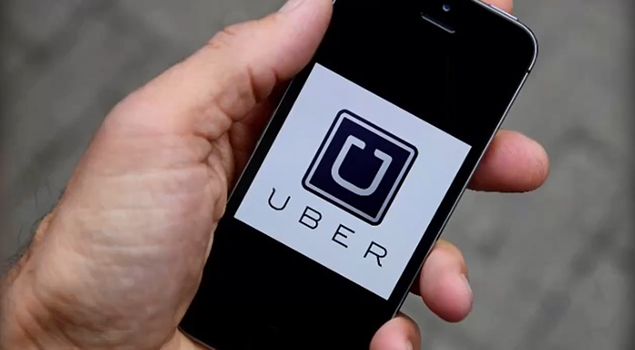This year Uber has been involved in a never-ending public relations nightmare. There was the time the company undermined a taxi-driver strike after President Donald Trump’s first attempt at a Muslim ban, shelved cases of sexual assault and a notorious dashcam video of CEO Travis Kalanick berating one of his drivers.
In January when Uber refused to stand in solidarity with the taxi drivers in New York, the hashtag #DeleteUber surfaced and made waves on social media. People posted screen shots of their deleted accounts and explanations for ceasing to be Uber customers.
With the controversies continuing to pile up against the ride-hailing company, LendEDU decided to survey millennials’ responses to Uber’s bad press. But LendEDU found that 93 percent of those surveyed said they would not be curbing their Uber reliance.
Results varied slightly according to gender and political leanings, with female Uber users “2.11 times more likely to stop using Uber, than male Uber users” and liberal Uber users “3.34 time more likely to stop using Uber, than conservative Uber users.”
But what happened to the momentum, the screen shots and the resistance from young people and the sentiment against Uber?
The day after Trump’s executive order barring people entry from seven-majority Muslim countries, educator Eve Ewing invoked the tactics of the Montgomery bus boycott to give context to the #DeleteUber campaign.
She finished her thread by declaring, “There is no room to be lazy right now.”
Is laziness the only explanation for the LendEDU poll’s results? Since the survey results are not broken down by respondents’ social class or location, there’s no way to track the answers for those living where other driving services or public transportation is lacking or to figure out if resistance to deleting the app is linked to a user’s economic situation.
Not to mention the fact that Uber is working overtime to retain riders in major cities where having a car is less likely. Last month the company launched a “flat fares” program in New York City, where a $5, $10 or $20 activation fee could unlock 10, 20 or 40 significantly discounted rides. Similar models have been experimented with in Boston, Miami, San Francisco and Washington.



